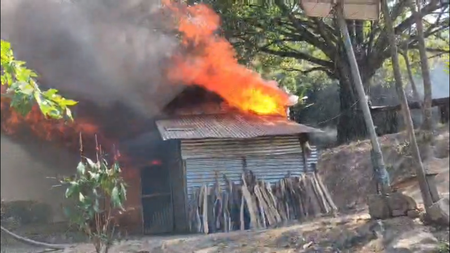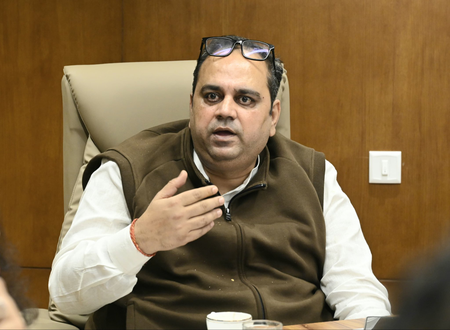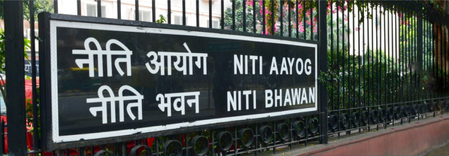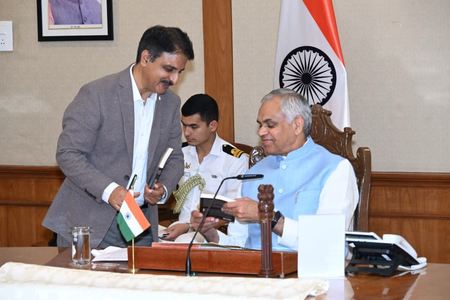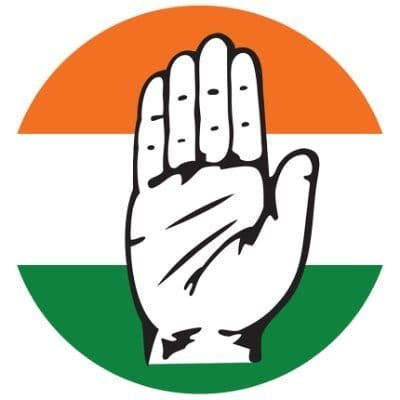
Dhaka, June 17 (IANS) The second phase of discussions between political parties and the National Consensus Commission (NCC) of the country began on Tuesday as political uncertainty and instability continues to grip Bangladesh.
The latest round of talks are aimed at completing the recommendations of various reform commissions set by the interim government and to draft the July Charter. The discussions focussed on continuing with the reform commission recommendations that were left unfinished during the first round, local media reported.
The NCC announced that it will hold discussions with 30 political parties, including the Bangladesh Nationalist Party (BNP) in phases, until Thursday.
“It will emphasise consensus on issues of disagreement such as Article 70 of the Constitution, the appointment process of presidents to Standing Committees, women representatives, a bicameral parliament, and the appointment of the chief justice,” read a statement issued by the Commission.
Addressing the meeting, NCC Vice-Chairman and Bangladeshi-American political scientist Ali Riaz said that efforts were underway to finalise the July Charter by the end of this month following discussions with political parties. The proposed July Charter is expected to serve as a foundational framework for future reforms.
“The national consensus commission is committed to prepare the National Charter within July. We are sincerely grateful to the political parties and political leaders for the cooperation you all are extending in this regard. We hope that if the process continues, we will be able to reach our goal. We are endeavouring to reach an overall consensus, even if we do not agree on all issues,” Bangladeshi daily Prothom Alo quoted Riaz as saying
“We may not be able to reach a consensus on all issues, but even so, we can make certain concessions in the interests of the nation and the state so as to arrive at one point. There is no guarantee that we will be able to complete all issues,” he further said.
Speaking to reporters during a break in the second phase of discussions with the NCC, BNP Standing Committee member Salahuddin Ahmed said that in the upcoming parliament, four out of 50 parliamentary standing committees will be chaired by members of the opposition. He stated that all political parties have reached a consensus regarding the granting of the four key committee chairmanships to the opposition.
“These are the Public Accounts Committee, Privileges Committee, Estimation Committee and Public Undertakings Committee. Everyone in the commission’s meeting agreed on this proposal,” the BNP leader said.
“Not just these four, there will be proportional representation of the opposition based on numerical strength in the other standing committees as well,” he remarked referring to the remaining committees.
According to reports, Bangladesh’s radical Islamist party Jamaat-e-Islami did not participate in the second round of the NCC discussions citing its dissatisfaction with the recent joint statement following a meeting in London between Chief Advisor Muhammad Yunus and BNP acting chairman Tarique Rahman.
Earlier this month, Yunus chaired the NCC meeting where there was a growing consensus among leaders of various political parties on the “urgency of timely elections”.
The lack of a clear roadmap for reforms and holding elections has fuelled a major political unrest in Bangladesh as leaders from several political parties continue to question the Yunus-led government’s controversial policies and poor performance of his dubious advisors.
As pressure increased on him, Yunus had earlier expressed his desire to resign out of frustration – a development that had created a huge buzz in political circles in the country.


